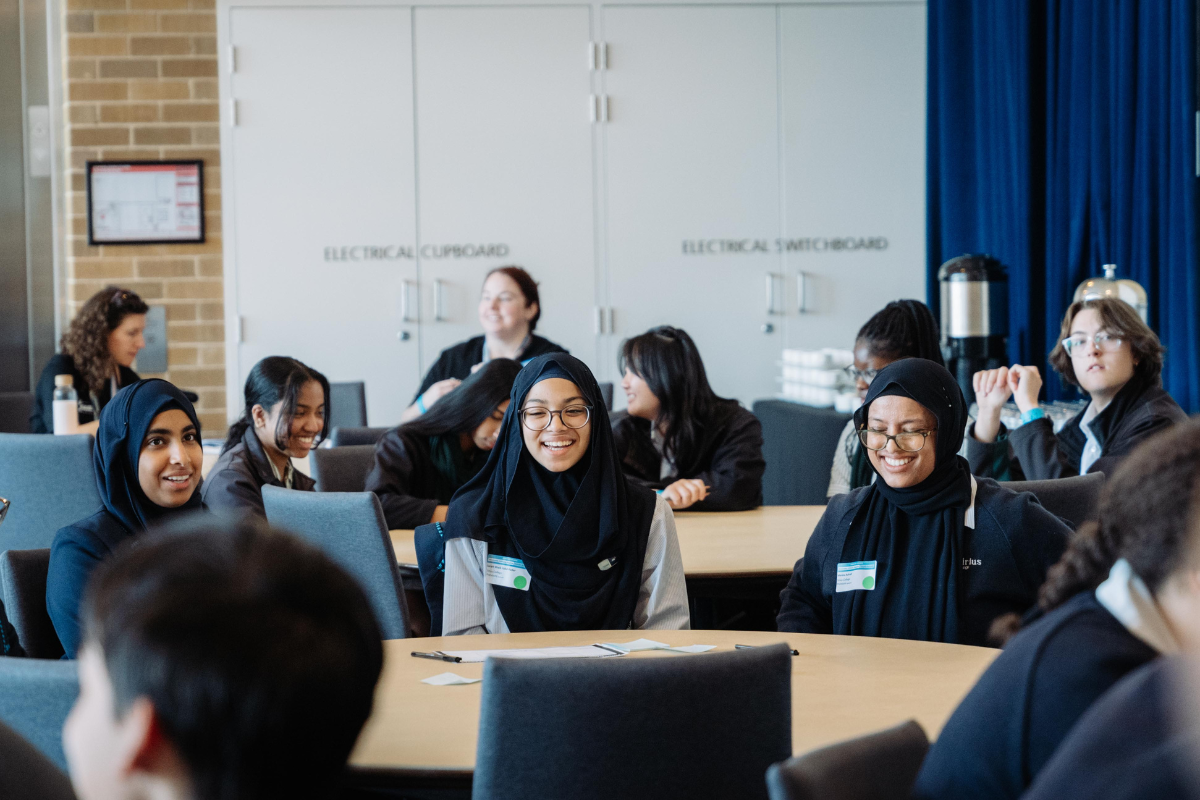
Published Jun 2024
Deep experience
These are communities that bring together people who share deep context and experience on a specific topic of social enterprise activity or challenge. The goal is to develop leading practices and share these with others.
Introduction to deep experience
These learning communities bring together people with deep experience around a specific area of social enterprise activity or challenge. They have an intention to learn together, solve problems related to the focus area, and develop practices to share widely.
The key attributes of deep experience learning communities are that they:
- Focus on a specific area of shared inquiry and relevance to the social enterprise sector.
- Leverage wisdom across diverse individuals, organisations, and roles with expertise in the focus area.
- Build trust among community members to enable the free exchange of information and knowledge.
- Facilitate interactions that enable members to gain learning from the group and contribute to the group’s learning in the identified focus area.
- Have an identified coordinator (or co-coordinators) and processes to support regular communication, interaction and learning.
- Have regular meetings (online) and pursue activities between meetings that create learning value for group members.
- Develop agreed terms of reference and ways of working.
- Provide insights and advice on issues related to their area of focus.
- Develop new practices, guidance, tools and strategies to build capability in the identified focus area.
- Share knowledge and practice resources with the sector to advance the area of practice.
- Inform the development of a collective and strategic voice on the topic.
Global examples
Some global examples of deep experience learning communities include:
Deep experience learning communities
-1.png)
BlackCard: Understanding and respecting cultural protocols
First NationsFirst NationsBlackCard will bring together First Nations leaders, Elders, and guides from across the Continent to share challenges and insights on strengthening relationships between First Nations peoples/communities and the Australian social enterprise sector.
Learn moremorgan&co: Ethical storytelling for social change
This learning community brings together ethical storytelling practitioners and social enterprises from different spaces and places across the country, who are doing good work in the margins. The purpose is to convene a space of solidarity to share learnings and lived experiences, develop good practice together, and co-develop resources for broader sharing to build the capability of the Australian social enterprise sector.
Learn more.png)
Linkwest: Staying in place
This learning community will bring together neighbourhood and community resource centres that are leading a place-based, community-led social enterprise response to meeting the needs of older residents in regional Western Australian communities. The ‘staying in place’ social enterprise approach is running well in several locations. These organisations are well-placed to share their journeys with other organisations seeking to make a similar social enterprise transition.
Learn more
Future Minds Network: Youth engagement and pathways
This learning community is for social enterprises that want to support young people to grow, lead, and thrive. Together, participants will connect, develop, and share practical strategies to meaningfully engage youth - from onboarding, training, feedback, shaping ideas, and building real pathways for change.
Learn more.png)
Sefa Partnerships: Rural and remote funding landscape
This learning community will bring together a group of rural and remote leaders working to deliver social impact; and a group of funders wanting to support social impact in rural and remote Australia. From experiences of frustration, it will look for opportunities to increase the flow of funding across Australia’s diverse geographies.
Learn more.png)
Green Collect: Circular economy
Help shape a new learning community for social enterprises working in the circular economy - a space to connect, learn and lead a fair and inclusive transition. It will explore shared challenges, grow our collective understanding, and strengthen the sector’s voice in shaping circular solutions.
Learn more (4).png)
PermaQueer: Orienting futures
Orienting futures is a learning community for people working in social enterprise who want to explore new and better ways of doing things. It will look at how to care for people and the planet, understand power and systems, and learn how to make real, lasting change — all while supporting emerging culturally and ecologically responsive practice in the social enterprise sector.
Learn more

We’d love to hear from you!
Reach out to one of our team members, and share input and ideas about how we can evolve Understorey.
Get in touch